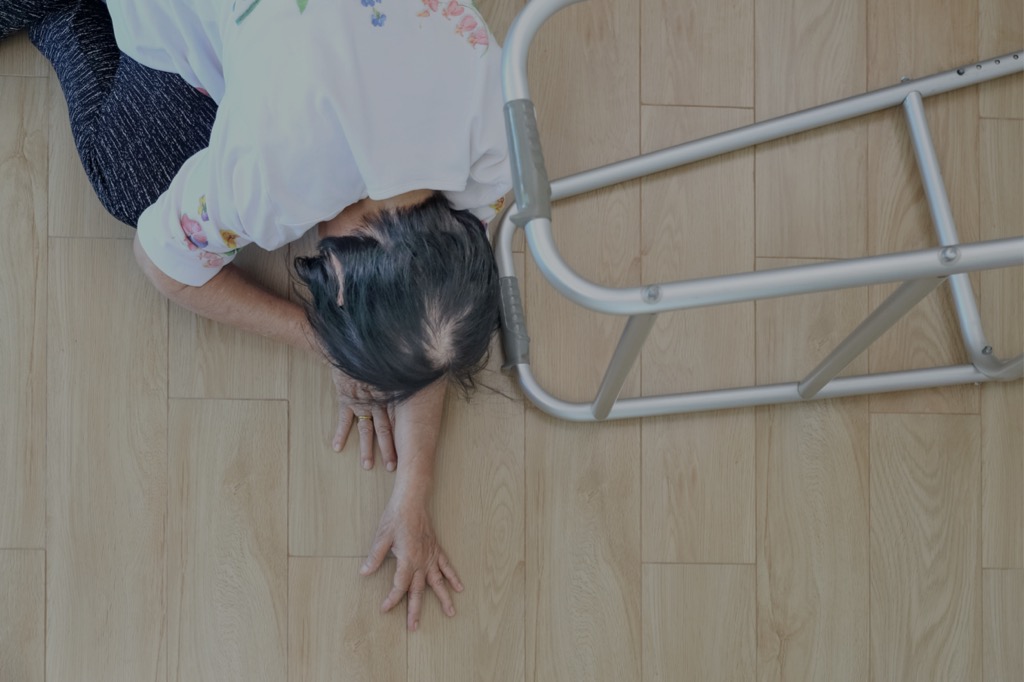Prevalence and correlates of elder mistreatment in Singapore
June 11, 2019

The International Day of Older Persons is observed on 1 October each year. It was designated by the United Nations to emphasize the different needs and challenges facing the elderly today, and to reiterate how older, healthy people can continue to function and contribute productively to society. In Singapore, the elderly population is projected to increase further, placing more responsibility on the younger populace to assume a caregiving role.
The typical Singaporean family is primarily responsible for elderly caretaking. Despite government policies to prevent elderly mistreatment, the family’s social environment is closely associated with such mistreatment. Associate Professor Srinivasan Chokkanathan (NUS Department of Social Work) examines early detection and intervention in cases of elder abuse in ‘Prevalence and correlates of elder mistreatment in Singapore’ (Journal of Elder Abuse & Neglect, 2018).
A/P Chokkanathan finds that psychological and physical abuse within the family and a lonely social environment increase the risk of elderly mistreatment. Depression and a decline in mental health are also common among mistreated elderly.
Although the research suggests Singapore’s mistreatment rate is low, A/P Chokkanathan recommends a nation-wide study to determine the magnitude and extent of elderly mistreatment. Policies and early intervention will prevent the onset of depression and other potential mental health issues.
Read the article here.
